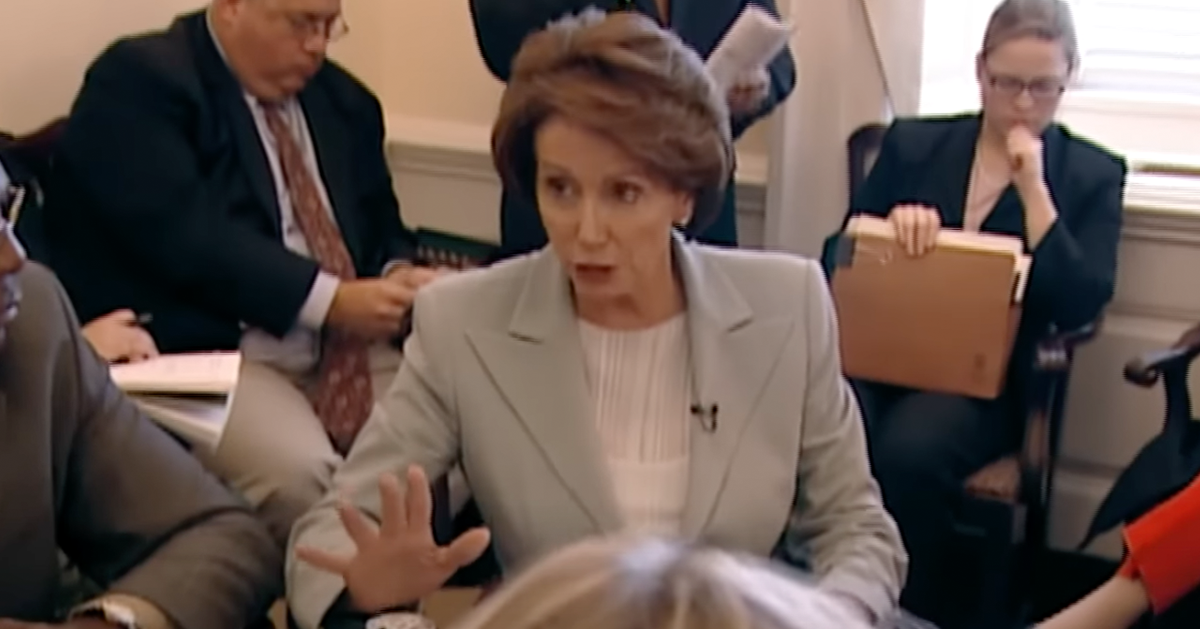Girls Soccer Team Skips Game Over Transgender Opponent
A high school soccer game in New Hampshire was unexpectedly boycotted by a team's decision to stand against the idea of facing an opponent squad with a transgender player, reigniting fierce debates about transgender participation in school sports.
Federal Injunction Contradicts State Law
The controversy gained legal dimensions when a federal court issued a preliminary injunction in September. This legal move allowed two transgender athletes, including Maelle Jacques from Kearsage Regional, to participate in sports despite the state legislation.
The judge responsible for this injunction, Landya McCafferty, was an appointee of former President Barack Obama. Her decision highlighted disparities between state-level laws and federal judicial rulings.
Earlier in August, the Kearsarge Regional School Board voted decisively in favor of allowing Jacques and other transgender girls to compete.
The board's decision passed with a 6-1 vote, reflecting varying levels of acceptance at different institutional levels in the state. This development is part of a broader national debate regarding transgender rights, a subject frequently tackled by both Republicans and Democrats in recent years.
On the national stage, a noteworthy Supreme Court ruling in August did not favor a request by the Biden administration to implement new Title IX rules, aimed at addressing equity in school sports. Several Republican attorneys general had mounted legal challenges, leading to ongoing complexity in aligning federal and state perspectives.
State Responses Vary Across Nation
New Hampshire's stance is not unique. Several other states have introduced or enforced various laws to restrict transgender athletes' participation in sports.
In a related development, the governor of Idaho, Brad Little, took a definitive step by signing an executive order to enforce the Defending Women's Sports Act. This state law mandates schools to enforce gender-specific sports participation rules.
Gov. Little, reflecting on these developments, emphasized that Idaho would stand firm by its policies. "We’ll cross that bridge when we come to it. From a national standpoint, there are radical little groups that want to implement changes in the rules that we have already. I’m confident in what we have, and we will aggressively (act), as the state of Idaho, both legally and legislatively, to protect women’s athletes and the great advances they’ve made because of Title IX," he said.
Nevada has also faced calls for action concerning similar issues. In 2022, a law meant to ensure fairness in school sports created a rift between women's volleyball players and school authorities, centered around participation by a transgender athlete. This incident mirrors the disputes seen in New Hampshire and highlights a widespread issue being confronted in numerous states.
Ongoing National Debate on Transgender Participation
Currently, a total of 23 states within the United States have enacted measures to limit transgender athletes’ inclusion in women’s sports. Such bans often find their basis in the notion of ensuring fairness in competition, though they remain highly contentious and debated.
The recent events in New Hampshire serve as yet another example of these pervasive tensions. As varying interpretations of Title IX and different legal challenges evolve, the struggle to harmoniously balance inclusion with fairness continues.
The outcome of Bishop Brady High School's decision underscores the broader socio-political environment surrounding transgender rights and athletic competition in educational institutions.
As New Hampshire navigates the complexities brought on by conflicting state and federal policies, schools and communities are left grappling with the implications for students’ athletic participation.
As debates continue both in courts and on playing fields, the national conversation about transgender athletes in sports is poised to remain a pertinent issue. With actions from both political parties influencing outcomes, the evolving landscape challenges schools to adapt and seek solutions that uphold both civil rights and competitive integrity.
Future developments in policy, judicial reviews, and societal attitudes will undoubtedly play critical roles in shaping how states and educational institutions address the inclusion of transgender athletes. Tracking these changes remains crucial for understanding the ongoing intersection of sports, law, and civil rights.





